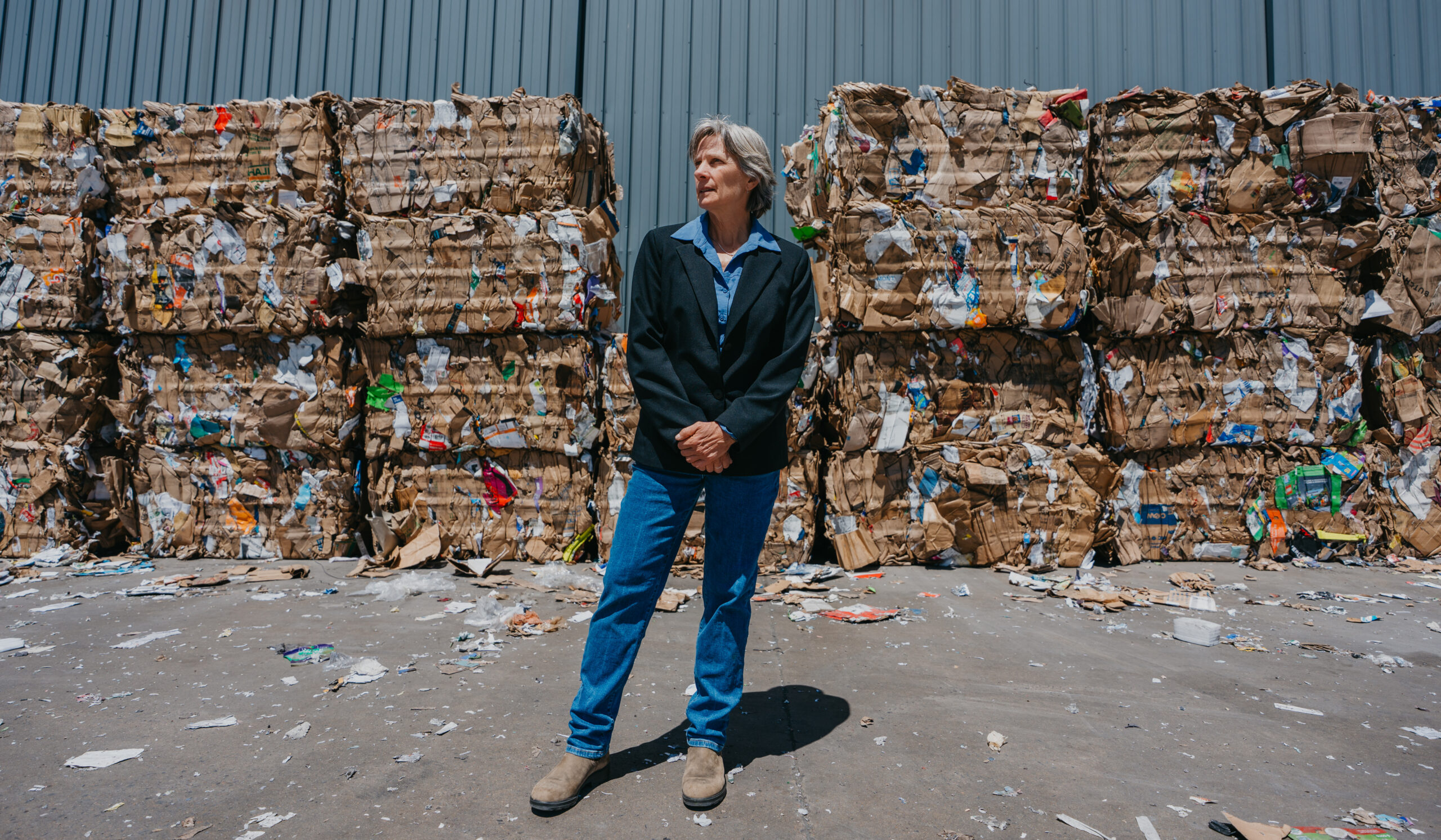U.S. Vice President Kamala Harris called upon University of Michigan students, faculty, and staff to take ownership of climate issues during a moderated conversation at Rackham on Jan. 12.
“Anything you are doing right now in terms of your studies or your passion connects to this issue,” she said.
Harris addressed climate change, equity, and intersectionality, and began by reflecting on our current place in the climate movement.
“I think of this moment as a moment that is about great momentum inspired by, yes, optimism, inspired by a crisis, no doubt, but inspired by also our collective ability to see what can be unburdened by what has been,” she said.
Harris sat down with the Secretary of the U.S. Department of Energy Jennifer Granholm and U-M professor of environmental justice Kyle Wright at Rackham to discuss the Biden-Harris administration’s “transformational” ongoing work to combat the climate crisis.
Throughout the conversation, Harris described how her life has shaped her perspective, the power of coalitions, and the responsibility we have to our neighbors as global leaders.
She pointed to the indisputable intersectionality with various other sectors including education, public health, technology, manufacturing, and maternal mortality, and repeatedly connected climate change initiatives to equity.
The Biden-Harris administration has prioritized climate initiatives, stating they “will create good-paying, union jobs to build a modern and sustainable infrastructure, deliver an equitable clean energy future, and put the United States on a path to achieve net-zero emissions, economy-wide, by no later than 2050.”
The administration’s Justice40 Initiative calls for 40 percent of the benefits of certain Federal climate investments to go to communities that are “marginalized, underserved, and overburdened by pollution.”
“The intersections [of other issues] must be front and center when we think about our movement and always at our center must be the communities that are directly impacted,” Harris said.
The vice president expressed her excitement toward the future of electric school buses and the creation of a “clean energy economy,” but also spoke directly to U-M students, stressing the urgency of the climate situation.
“The reality of it is that you all have such a charge to lead this movement and you all have everything at stake.”
In May 2021, U-M committed to achieving carbon neutrality on all three campuses through a series of actionable commitments that include reducing greenhouse gas emissions to net zero by 2025, eliminating campus emissions by 2040, and fostering a University-wide culture of sustainability, with justice as a core principle.
“We have the power to make this ‘now’ either the greatest achievement of our time or our greatest failure,” said Lashaun Jackson, the co-president of U-M’s Student Sustainability Coalition.
Katherine Fiorillo is the editor of Michigan Alum.





